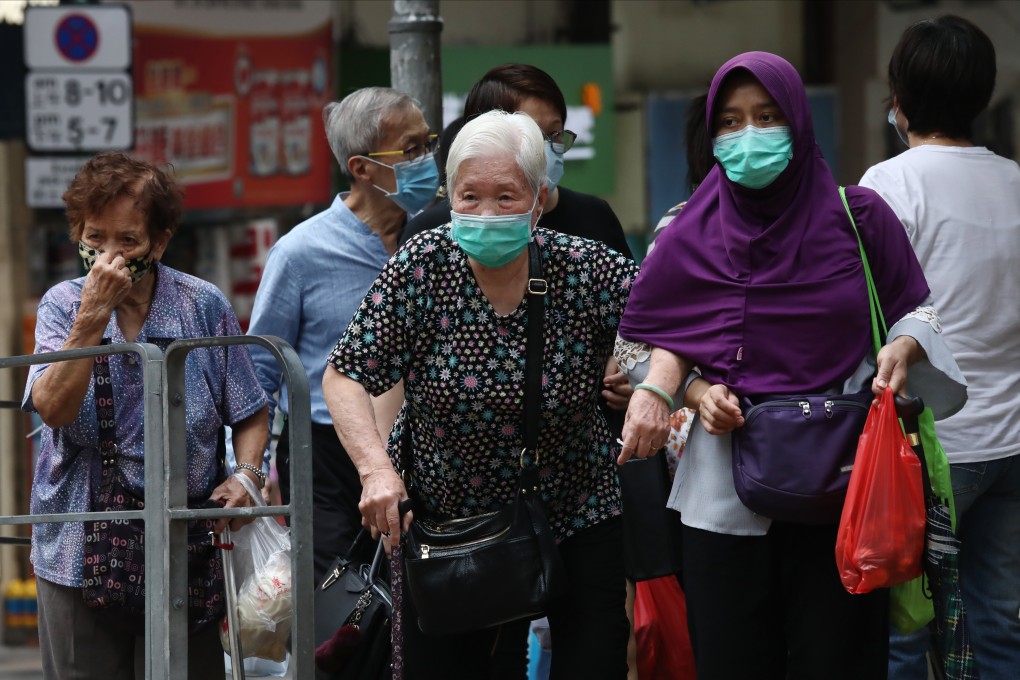Hong Kong pilot scheme aims to curb superbug infections among residents of homes for the elderly
- Residents get medical wipes to clean themselves thoroughly, with screening during hospital visits
- Pilot scheme kicks off in care homes in two districts, with plans to extend it across the city

The Hospital Authority has started a pilot project with homes for the elderly in Yau Tsim Mong and Hong Kong Island West districts to curb the spread of MRSA, the antibiotic-resistant superbug.
This comes after the incidence of superbug infections was found to have crept up in public hospitals last year.
Dr Raymond Lai Wai-man, the Hospital Authority’s chief infection control officer, told the Post that elderly residents of the homes were being given decontamination wipes to clean themselves thoroughly, and those going to hospital would be screened for infection too.
MRSA can cause severe problems such as bloodstream infections and pneumonia. Like other superbugs, it is commonly found in hospitals and long-term care facilities, and those most vulnerable include long-term hospital patients or care home residents.
“Local studies have found that about 20 to 30 per cent of residents at homes for the elderly had MRSA,” Lai said.
